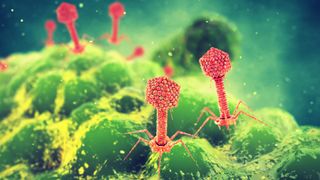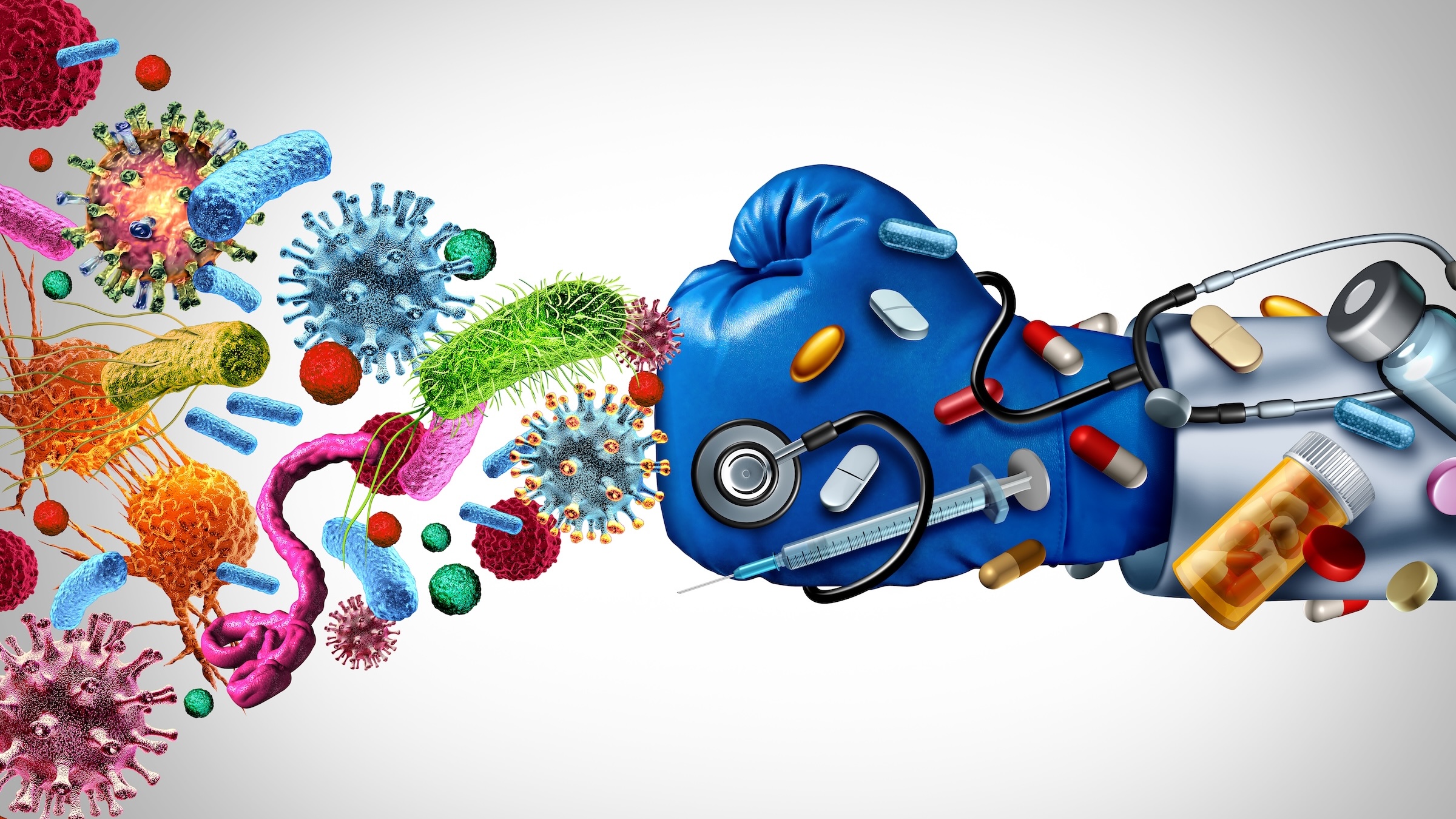Opinion
Latest Opinion

FDA panel has cast doubt on whether antidepressants are safe in pregnancy. Here's what the science actually says.
By Nicole Amoyal Pensak, Andrew Novick published
Decades of research show that SSRIs can be safely used during pregnancy. Meanwhile, untreated depression during pregnancy is associated with poor health outcomes like preterm birth and preeclampsia.
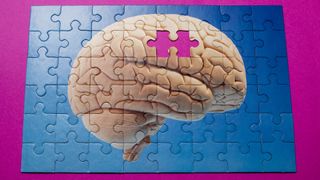
Vaccines hold tantalizing promise in the fight against dementia
By Anand Kumar, Jalees Rehman published
A prominent Nature study and related research raise the possibility that vaccines may have a broader role in experimental therapeutics outside the realm of infectious diseases.

COVID-19 vaccines for kids are mired in uncertainty amid conflicting federal guidance
By David Higgins published
Opinion Abrupt policy changes and confusing public messaging have injected confusion in back-to-school vaccine protocols.

You may not really be allergic to penicillin. Here's how to find out if you are.
By Elizabeth W. Covington published
As many as 1 in 5 Americans believe they have a penicillin allergy, but just a tiny fraction actually do. In recent years, it's gotten a lot easier to find out.

Would you board a spacecraft that takes 400 years to reach Alpha Centauri?
By Elise Poore published
Poll Travelling to our nearest star system is the ultimate one-way trip — but could you live your life among the stars? Let us know in our latest poll.

How AI companions are changing teenagers' behavior in surprising and sinister ways
By Liz Spry, Craig Olsson published
Opinion A recent report found about three in four US teens have used AI companion apps – many of which have little to no safeguards from harmful content.
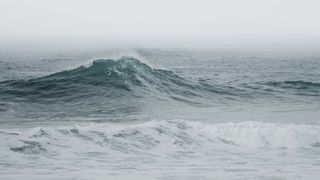
'Rogue waves' can be 65 feet tall, but they aren't 'freak occurrences,' data from North Sea reveals
By Francesco Fedele published
Opinion Researchers have used lab models to study how rogue waves form, but these don't always transfer over to the natural world.
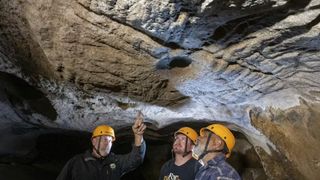
'Such caves weren't used for ordinary living': Rare finger grooves from ancient peoples found in glittering Australian cave
By Russell Mullett, Bruno David, Madeleine Kelly published
Thousands of years ago, adults and children left their marks on soft rock surfaces deep in this cave in GunaiKurnai Country.
Get the world’s most fascinating discoveries delivered straight to your inbox.
 Live Science Plus
Live Science Plus






